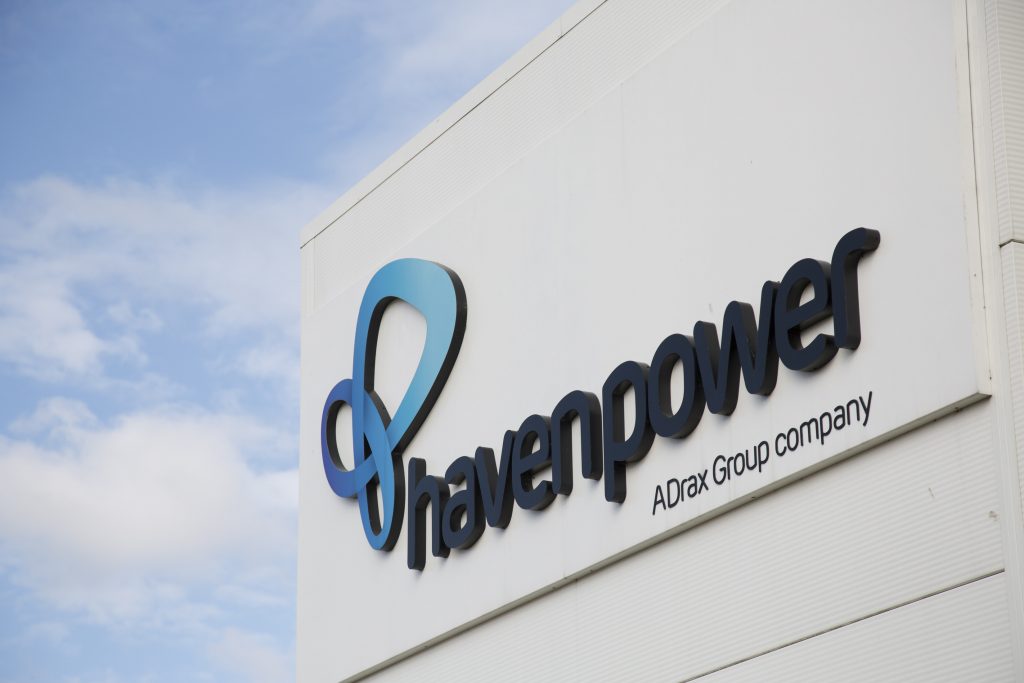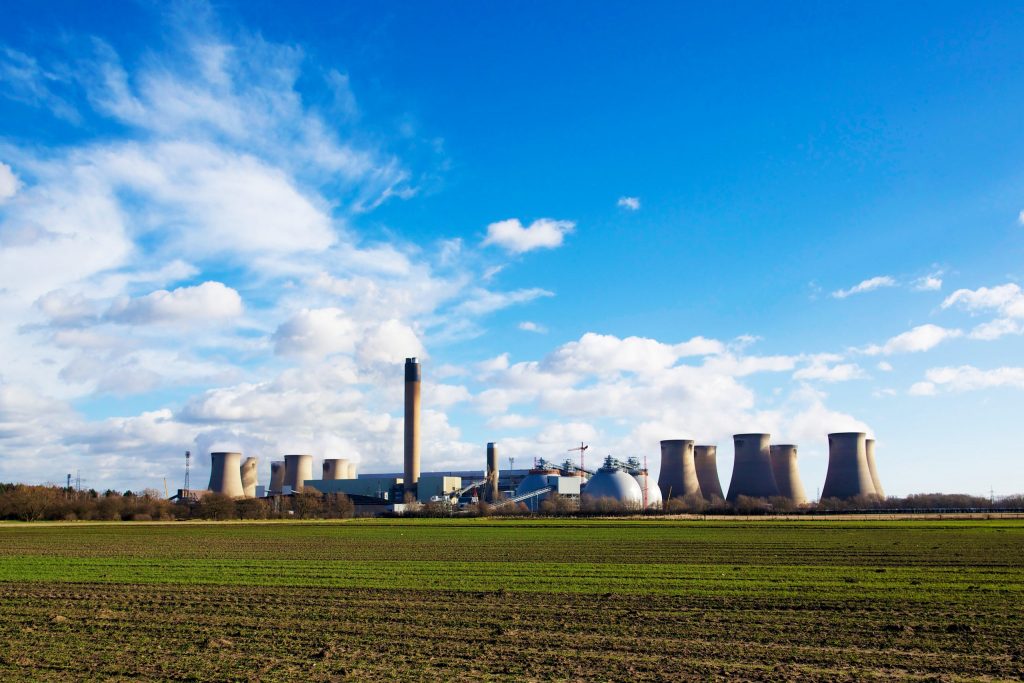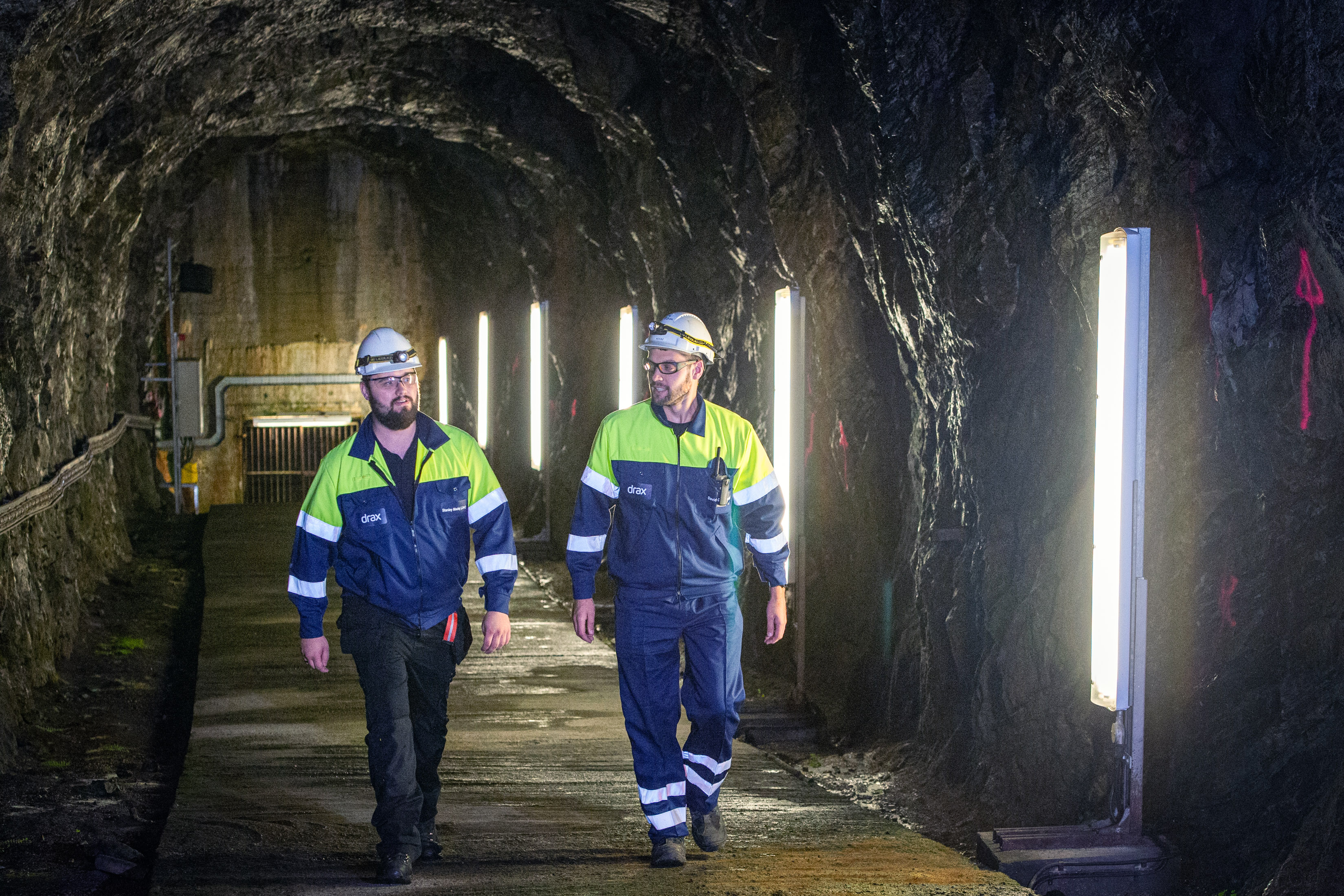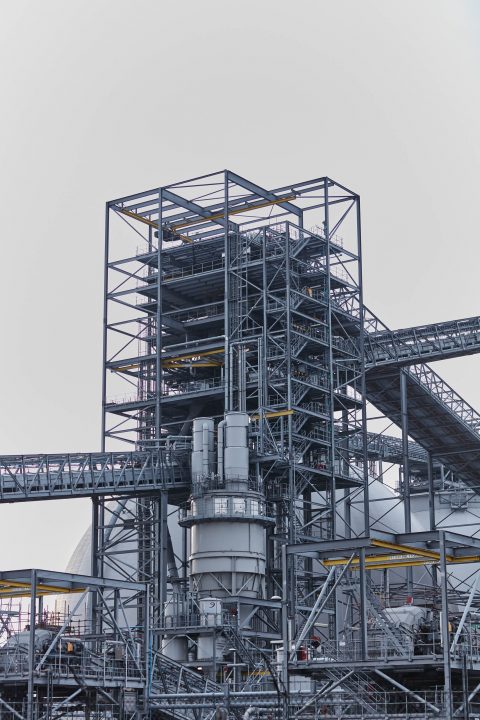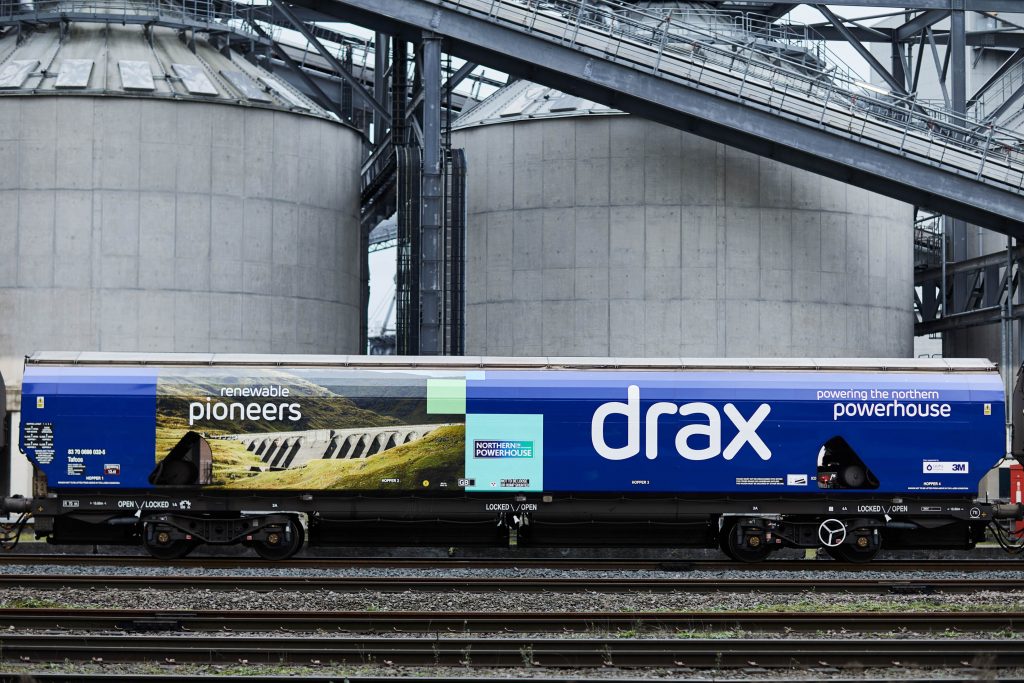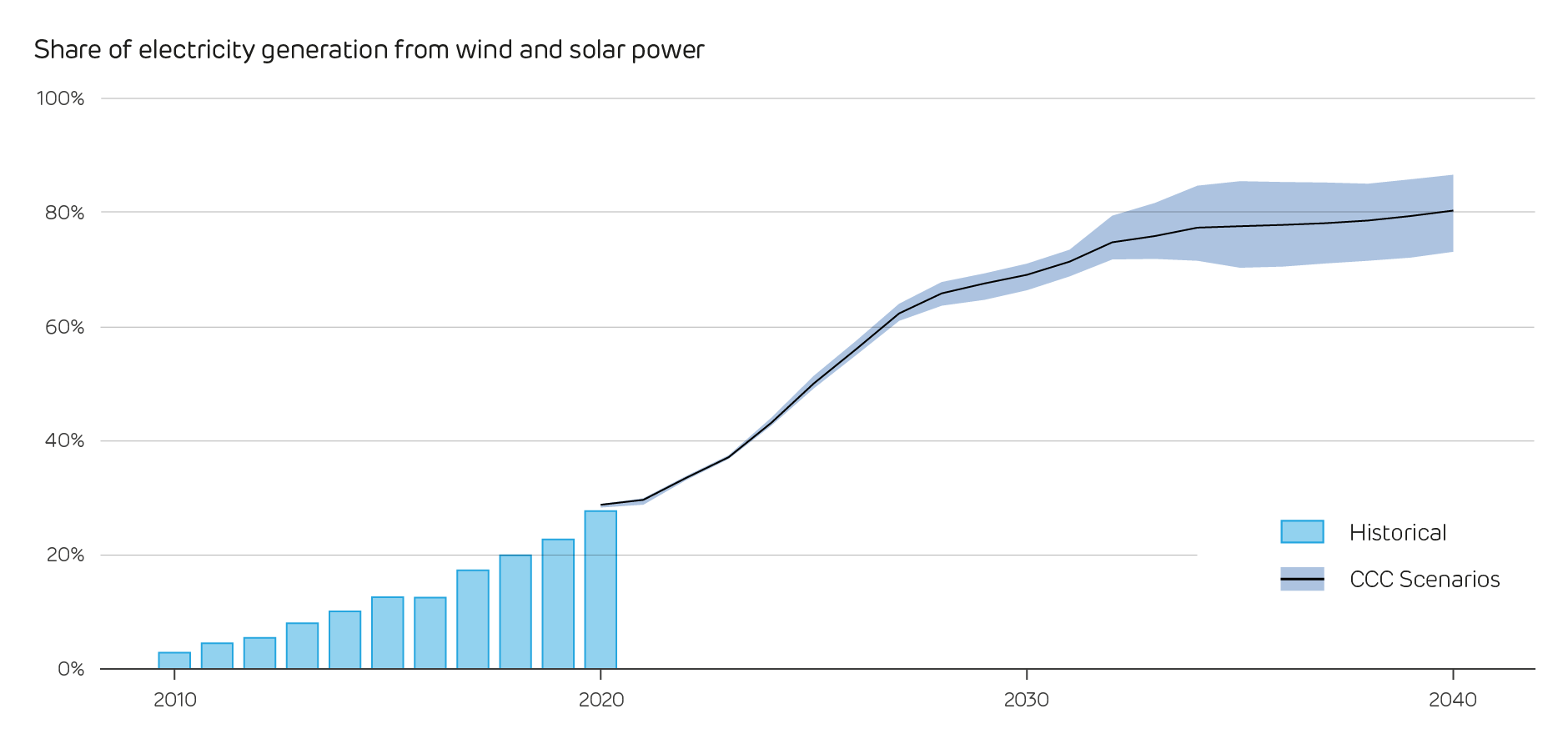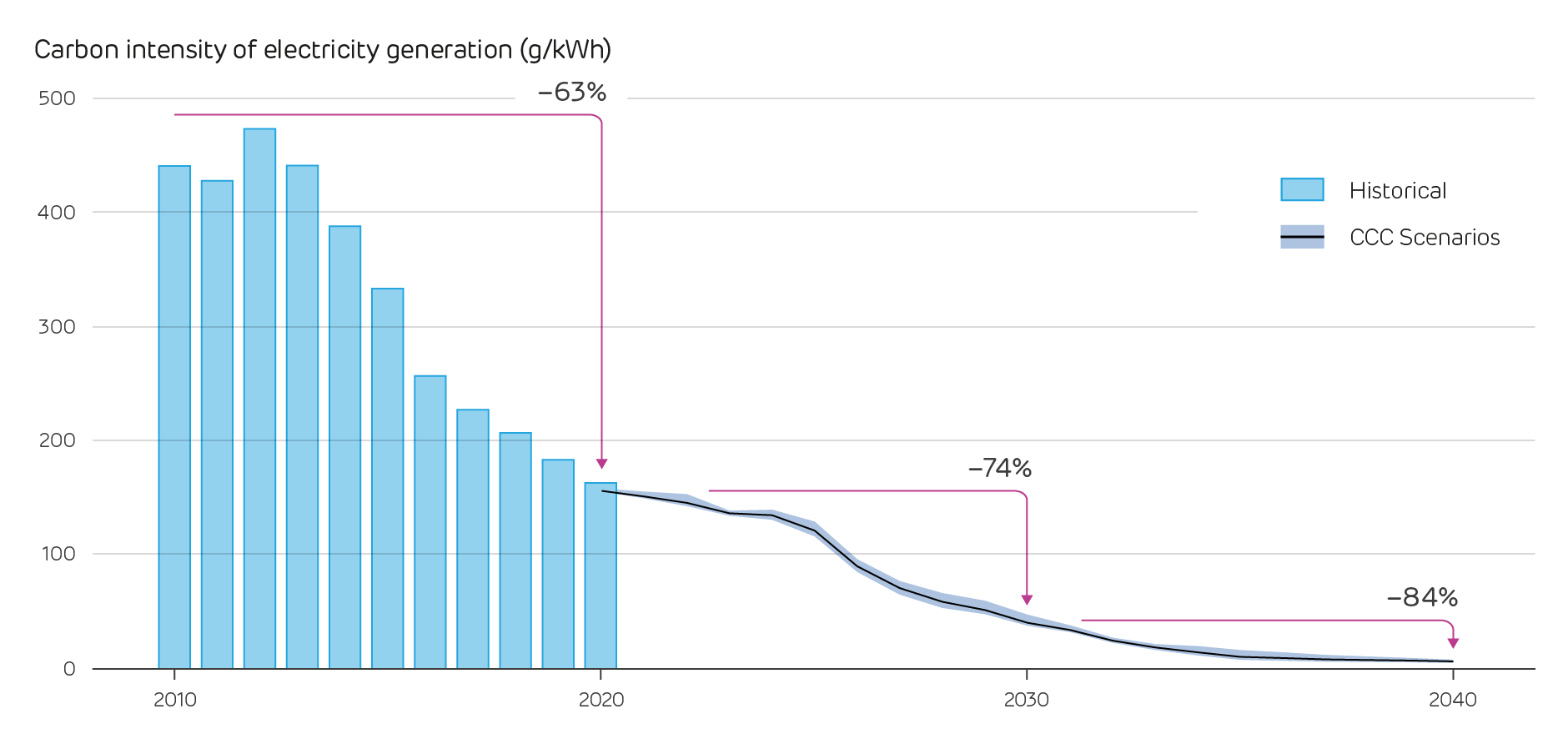
- Ipswich based renewable energy supplier Haven Power, part of Drax Group, has contributed almost £400 million towards the East of England economy and supported more than 3,400 jobs.
- Haven Power is a leading supplier of renewable energy to some of Britain’s biggest businesses including airports and car manufacturing plants.
Leading energy supplier Haven Power contributed £398 million towards the UK economy and supported 3,400 jobs across the country, according to a new report.
The independent analysis by Oxford Economics measured the economic impact of the UK operations of Drax Group, Haven Power’s parent company, which owns and operates Drax Power Station – the country’s biggest renewable power generator.
Haven Power, a leading supplier of renewable energy to business customers, is based in Ipswich. Drax Group’s operations contributed almost £400 million towards the East of England economy and supported 2,900 jobs in the region.
Will Gardiner, Drax Group CEO, said:
“Drax’s operations and sophisticated supply chains are helping level up the UK by spreading jobs, skills and opportunities across the whole of the country.
“We plan to go further by deploying bioenergy with carbon capture and storage to permanently remove CO2 from the atmosphere whilst generating the renewable electricity businesses need in order to decarbonise the economy and help Britain to build back better after Covid.”
Employment supported by Drax’s activities covered a wide range of sectors including high-skilled manufacturing of industrial components, engineering and technical machinery, IT, professional business services and transporting goods.
James Bedford, Economist at Oxford Economics, said:
“Drax Group makes an important economic contribution to the UK. Its activities generated £2.2 billion in GDP in 2019, and sustained thousands of jobs across the nation.
“The positive impact from Drax’s operations aren’t just confined to the boundaries of its power stations or customer contact centres, it is spread across the country benefiting communities throughout the UK.”
Media contacts:
Aidan Kerr
Drax Group Media Manager
E: aidan.kerr@drax.com
T: 07849090368
Ali Lewis
Drax Group Head of Media & PR
E: ali.lewis@drax.com
T: 07712670888
Editor’s Notes
- You can access a copy of the report by going to: https://www.draximpact.co.uk/
- Researchers at Oxford Economics used three measures to calculate Drax’s GDP contribution: the economic activity associated with the day-to-day running of the business; the activity created by the purchase of goods and services from its suppliers; and the wages the company’s employees and suppliers’ employees spend in their local area.
- The report’s findings are taken from analysis of the latest available data, from 2019 – just after Drax Group’s acquisition of a portfolio of generation assets, including hydro and gas power stations.
Key findings
- Drax Group contributed £2.2 billion towards UK GDP in 2019 and supported over 19,000 jobs across the country.
- 4,200 jobs supported in Yorkshire and the Humber.
- 1,200 jobs supported in Scotland and £211 million generated in its economy, home to Drax’s hydro operations including the iconic ‘Hollow Mountain’ Cruachan Power Station.
- £392 million generated and 2,900 jobs supported in the East of England, where one of Drax Group’s B2B power supply businesses Haven Power, is based.
- 2,700 jobs supported and £289 million generated in the East Midlands, home to Opus Energy – Drax’s other B2B retail business, which supplies energy to SMEs.
About Drax
Drax Group’s purpose is to enable a zero carbon, lower cost energy future and in 2019 announced a world-leading ambition to be carbon negative by 2030, using Bioenergy with Carbon Capture and Storage (BECCS) technology.
Its 2,900-strong employees operate across three principal areas of activity – electricity generation, electricity sales to business customers and compressed wood pellet production.
Power generation:
Drax owns and operates a portfolio of flexible, low carbon and renewable electricity generation assets across Britain. The assets include the UK’s largest power station, based at Selby, North Yorkshire, which supplies five percent of the country’s electricity needs.
Having converted two thirds of Drax Power Station to use sustainable biomass instead of coal it has become the UK’s biggest renewable power generator and the largest decarbonisation project in Europe. It is also where Drax is piloting the groundbreaking negative emissions technology BECCS within its CCUS (Carbon Capture Utilisation and Storage) Incubation Area.
Its pumped storage, hydro and energy from waste assets in Scotland include Cruachan Power Station – a flexible pumped storage facility within the hollowed-out mountain Ben Cruachan.
Customers:
Through its two B2B energy supply brands, Haven Power and Opus Energy, Drax supplies energy to 250,000 businesses across England, Scotland and Wales.
Pellet production:
Drax owns and operates three pellet mills in the US South which manufacture compressed wood pellets (biomass) produced from sustainably managed working forests. These pellet mills supply around 20% of the biomass used by Drax Power Station in North Yorkshire to generate flexible, renewable power for the UK’s homes and businesses.
For more information visit www.drax.com








